Vegan Diet in Bodybuilding?
Veganism and Sports?
You might be wondering if you can still reach your fitness goals if you have decided to embrace a vegan diet and lifestyle. This is particularly true for bodybuilders and athletes who depend on a diet high in protein and other nutrients to develop and maintain muscle. Vegan bodybuilders may need to exert extra effort to ensure that they are obtaining enough of the necessary nutrients, even if the fundamental principles of muscle growth remain the same.
Energy balance, or how many calories you consume compared to how much you burn via exercise and everyday activities, is still the most crucial element for weight growth or reduction. Protein is a crucial ingredient that vegan bodybuilders cannot ignore. Amino acids, are the building blocks of protein and are necessary for muscle development. It is crucial to consume adequate high-quality protein sources that include all nine necessary amino acids since some amino acids cannot be synthesised by the body.
Protein Forms for Vegan Bodybuilding:
Since not all forms of protein are created equally, vegan bodybuilders must be very careful about the sources of protein in their diet. To make sure you are receiving enough of the proper sort of protein, you might need to add a vegan protein mix, soy protein isolate, or pea protein isolate to your meals. To promote muscle growth and maintenance, aim to take 2.0–2.4 grammes of protein per kilogramme of body weight per day.
Complete protein sources are present in the following foods:
- Buckwheat quinoa
- Rice beans soy
- Isaiah bread
- Seitan
Vegetarian Dietary Fats for Bodybuilding:
Not all fats are created equal, just like not all proteins are. Omega-3 and omega-6 essential fatty acids are essential for the body, but because the body cannot create them, they must be obtained from food. It’s not too difficult to get enough omega-3 through food, but getting enough omega-6 might be more difficult, especially for vegans. Because bodybuilding is a rigorous activity, omega-3 fatty acids can help with inflammation reduction and muscle tissue regeneration. Remember that dietary fats may be stored in the body, so even if the source is good, you should watch how much you ingest.
The following foods contain omega 3 fatty acids:
- Flaxseeds
- The chia seed
- Seed hemp
- Slender leaves
- Seaweeds
- Beans
Vegan Bodybuilders and Carbohydrates
Vegetables, grains, and starches are all sources of carbs and make up a large percentage of a vegan diet. In general, vegetables have less carbohydrate content than grains and starches. It may be advantageous for vegan bodybuilders to get the majority of their carbs from less-refined meals, even if not all refined foods are bad. These meals frequently have higher concentrations of vitamins and minerals, which can enhance performance.
For Vegan Bodybuilders: Micro-Nutrition
Vegan bodybuilders may find it difficult to get adequate vitamins and minerals, particularly if they exercise a lot. While some vitamins and minerals can be found in vegetables, others do not convert as effectively in the body. Particularly true in terms of the increased concentrations of iron, zinc, and vitamin B12 found in animal products. This does not imply a complete lack of essential nutrients in a vegan bodybuilding diet, but the levels might not be ideal. A vegan diet may further lower the amount of iron that women, in particular, need to consume. Utilising supplements from a vegetarian source is the most practical approach to make sure that you are getting enough of these nutrients.
Diet for Vegan Bodybuilder Training
Both carbs and protein are crucial for achieving the best workout results. Protein is important for muscle development and recuperation, but carbs are necessary for performance. It is advised to time your meals appropriately to maximise these advantages. For muscle growth and recuperation, it is advised to consume 20g to 30g of protein, ideally one to three hours before a workout, and a comparable amount within two hours after exercise. While eating protein should be prioritised, it’s a good idea to include carbs in your pre-and post-workout meals to help with energy and recuperation. Your dietary habits and level of comfort with exercising on a full or empty stomach will determine how many carbohydrates you take.
For Vegan Bodybuilders: Cardio
Cardio might be a useful complement for a bodybuilder when trying to lose extra fat. Low-intensity cardio is typically advised since it promotes healing and lessens discomfort in the muscles. Depending on the athlete’s level of fat reduction, the recommended quantity of cardio might range from less than 30 minutes twice weekly to 60 minutes per day. It is debatable if vegan athletes can get the same results as those who eat meat and dairy in terms of leanness, strength, and muscular growth. The answer is true, but to make sure they satisfy all of their nutritional requirements, vegans need to pay more attention to their nutrition.
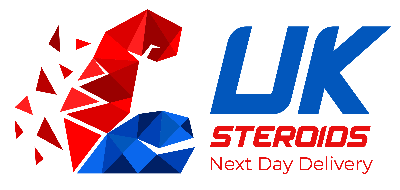
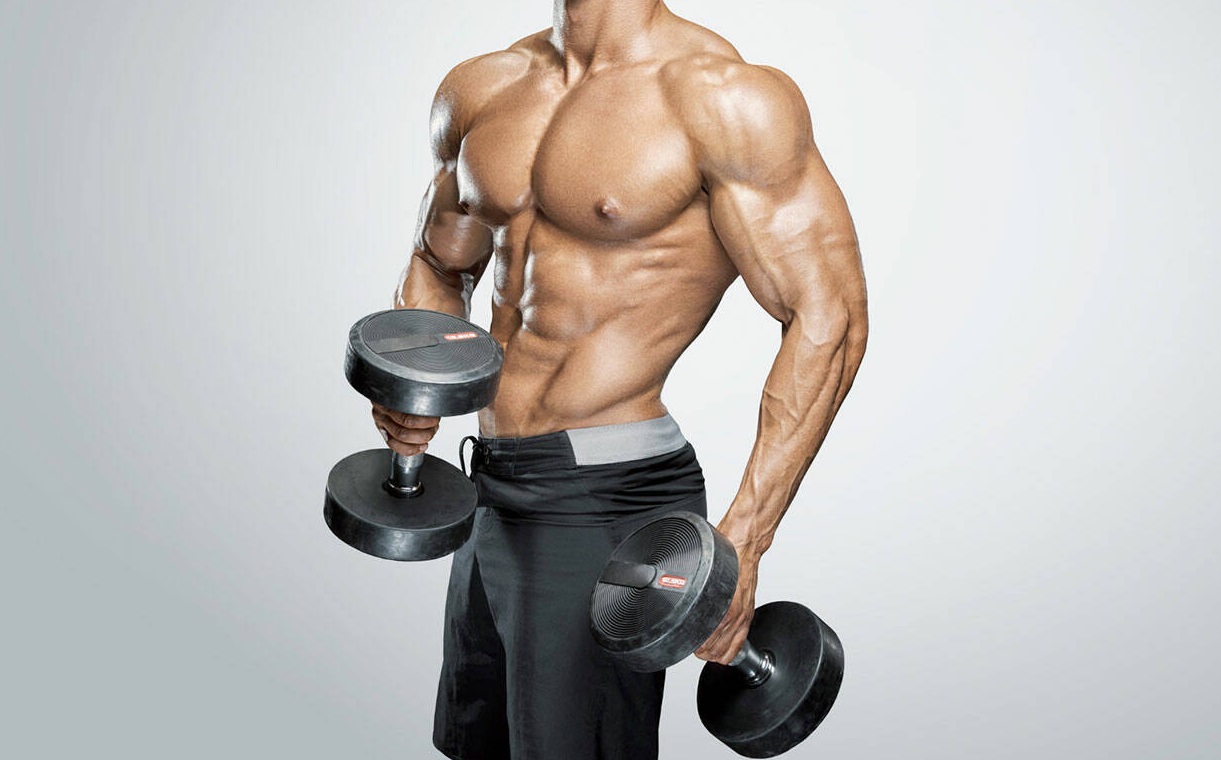
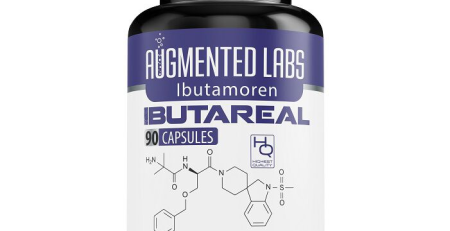
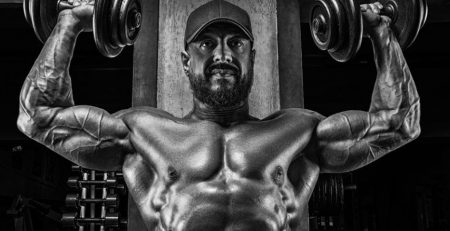
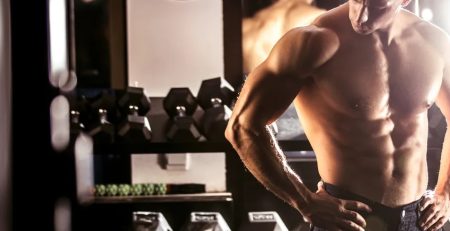

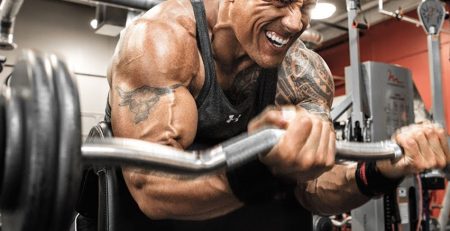
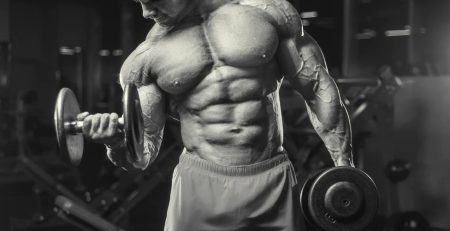
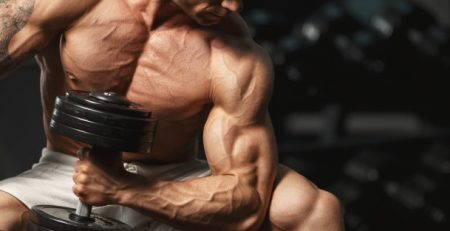

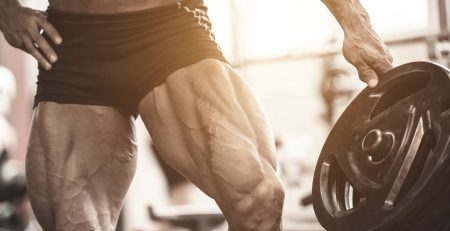
Leave a Reply